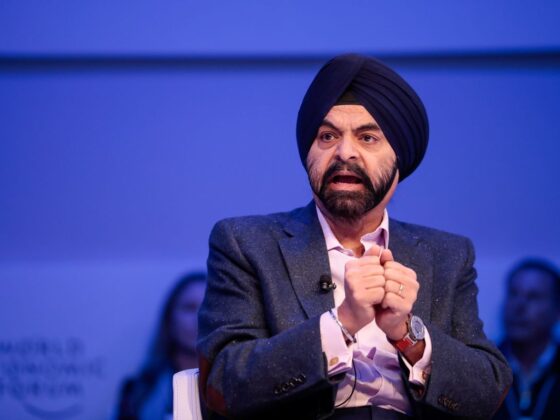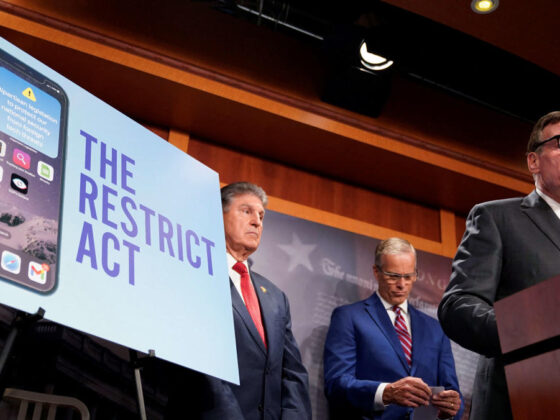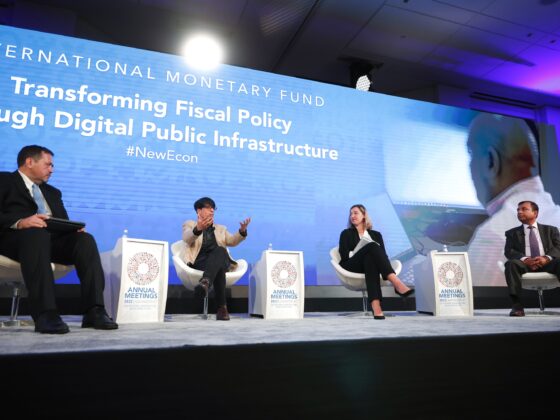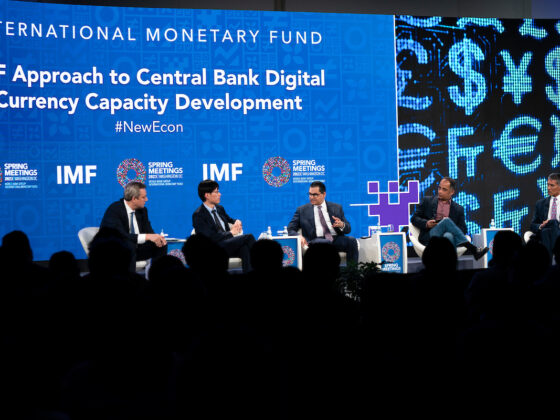By Laure Levy
We have people in powerful positions pushing international policies from unaccountable global organisations. No-one voted these people into post and there is no mandate for them from nation states.
There’s been quite a hoo-ha on social media recently, about the use of the word ‘globalist’, with UK radio station LBC banning its callers from using the word. Some are saying calling someone a globalist is antisemitic. But is it?
The Guardian accuses Nigel Farage of antisemitism because he referred to the UK’s new Home Secretary Grant Shapps as a globalist. Shapps is Jewish. Those who fight antisemitism, like Lord John Mann, called for Farage to be sacked from his GBNews program. However, if people looked, they would find an ongoing discourse in which Trudeau, Macron, Sunak, and Hunt to name a few, are also regarded as globalists, but they are not Jewish. The term is applied because of their political stance. It has nothing to do with race or creed.
I well understand the antisemitic slur that accuses Jews of plotting to rule the world. The most widely spread antisemitic propaganda document, ‘The Protocols…’, created by the Russian Tsars, purports that Jews plot for global domination. I have written about this here.
However, the word globalism exists in political discourse and characterises globalism in opposition to nationalism.

In UK left wing circles, it isn’t unusual to meet those who call themselves international socialists. Many groups have organised under the international socialist heading. The International Socialist Review published for twenty-two years. They took a globalist view, wanting open borders, and policies that favoured the whole world above their own national interests.
Today, we have people in powerful positions pushing international policies from unaccountable global organisations. No-one voted these people into post and there is no mandate for them from nation states. Yet, many of our politicians align with them on policies not presented at the ballot box. Mark Carney, former Governor of the Bank of England, for example, is very involved in the adoption of digital ID’s and CBDC’s ( Central Bank Digital Currencies) linked to your carbon footprint. Here, on June 28th 2021, he delivers a speech to central bankers, at BIS, the Bank for International Settlements, the bank for central bankers in Switzerland.
In it, he discusses a change to money, and a preparation for “the fourth industrial revolution (which) will lead to a long period of difficult adjustment, and rising inequality”, and “in the new financial system, every decision must take climate change into account.”
He suggests large technology companies could be central to credit intermediation, with a system of account based Central Bank Digital Currencies and digital ID’s. “A new world order…(will replace)…the old normal of cash, bank based finance and bank payments…(with) …a new form of money (that will) track and help reduce carbon emissions.”
This implies a different way of life, akin to the social credit system of the Chinese Communist Party. So why shouldn’t UK politicians aligned to these policies be held to account by their electorate? Why are we not having a public debate about their implications? And why the name calling for being concerned about raising these issues? It’s not conspiracy – read Carney’s speech here.
Enough of the name calling. People are concerned about the implications of policies being made in unelected bodies without the debate inherent in a democracy.
Bring back civil discourse rather than support cancel culture. Challenge those who truly do single Jews out, but do not conflate their antisemitism with those wanting legitimate democratic debate. When did it become so objectionable to care about your nation or the future of Western democracy?
Laure Levy is a writer, author, filmmaker and life scientist, who wrote, and advised government, on health policy. Her award winning film, ‘My Grandmother’s Sitting Room’, documents the life and times of her German Jewish family under the Nazis.














